Click to read the article in Turkish
Submitting a Parliamentary inquiry to the Grand National Assembly of Turkey (TBMM) in the 105th year of Armenian Genocide, Peoples' Democratic Party (HDP) Diyarbakır MP Garo Paylan has spoken to bianet about the commemorations to be held online amid Covid-19 pandemic and Turkey's potential of coming to terms with the genocide.
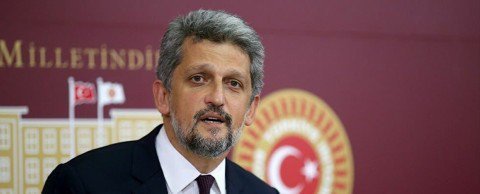
First of all, April 24 is marked in extraordinary conditions this year. People cannot go to the genocide memorial in Armenia, there will be commemoration ceremonies that will be held online due to the outbreak? How do you see these measures?
We have been living the 105th year of the Armenian Genocide. It is the first time that it is not commemorated on the streets or squares, but celebrated at the homes of Armenians.
They are, in fact, held online. There are several organizations where these commemorations will be held on the Internet. For years, we held these ceremonies at squares. This year, we are doing them at our homes.
We will commemorate the victims of Armenian Genocide with a religious ceremony to be held by the Armenian Patriarchate.
'I used to use the word "genocide" at Parliament'
Last year, some countries like Syria and Portugal recognized Armenian Genocide. When you look at Turkey, what potential do you think Turkey has for coming to terms with the past?
Until a few years ago, the society of Turkey took very important steps to face the great calamity that happened 105 years ago.
The vast majority who did not know or recognize the issue could, at least, realize that a bad incident took place in 1915. Maybe, they did not call it a genocide, but they came to the point of condemning what happened back then and comprehend that what happened was terrible.
However, with processes of both peace and democratization coming to an end in 2015, all doors that were opened about Armenian Genocide have started to be closed one by one.
In other words, there was an attempt to hinder the steps that were taken to face, talk about and comprehend this issue and to serve justice with a fair memory.
As a matter of fact, the ones who talked about this issue faced investigations. There are five summaries of proceedings against me for talking about it.
Others who want to talk about this issue are also faced with the stick of the judiciary. Seen in this light, I can say that we are in a worse situation than five years ago.
'The wound of Armenian people...'
You have submitted various Parliamentary questions and inquiries in the last years. Will you take any action about these questions and inquiries, all of which have been rejected?
Today, I have submitted a Parliamentary inquiry to the Speaker's Office.
Armenian Genocide has been debated at dozens of parliaments around the world, it has been recognized as a genocide. But none of them has healed the wound of Armenian people.
As a member of the Grand National Assembly of Turkey, I know that the only Parliament that will heal the wound of the Armenian people is the Grand National Assembly of Turkey.
It is only when our Parliament faces this issue and justice is served that the wound of Armenian people will heal. Armenians of Turkey all around the world have been expecting this from the parliament of their homeland for 105 years. That is why, I have another Parliamentary inquiry.
'My grandmother used to say "Meds Yeghern"'
In the last two years, the commemoration ceremonies where the statements to be read had the word "genocide" were not permitted. What do you think about it?
At the Parliament where I am an MP, I could use the word genocide with ease in the years 2015 and 2016.
I had respect for the reactions against it, but it was not found odd in anyway whatsoever. However, after 2016, the word genocide has been banned at the Parliament as well and my Parliamentary questions and inquiries have been rejected on the ground that I used the word genocide.
I know that the great calamity faced by my people is a genocide. However, if the Parliament of Turkey brings this issue into its agenda and gives it a name that will comprehend it with a fair memory, I will accept that name, too.
My paternal grandmother used to call what happened 'Meds Yeghern.' It means the great calamity. I mean, if we talk about this issue and give it a name in this land and if we ensure that justice is served, I think what we call it will be of secondary importance.
As long as we face up to this issue and ensure that justice is served... If justice will be served, I think that the Armenians will accept this name, too.
Parliamentary inquiry by Paylan
In his Parliamentary inquiry submitted to the Speaker's Office today (April 24), HDP MP Garo Paylan has reiterated that "while the great calamity faced by the Armenian people in this land has been debated and recognized as a genocide by the parliaments of several states, it has not yet been debated at the Parliament of Turkey until today."
Accordingly, Paylan has requested that a Parliamentary investigation be launched "so that the responsible parties of Armenian Genocide can be identified and justice can be served, albeit late." (PT/SD)




.jpg)
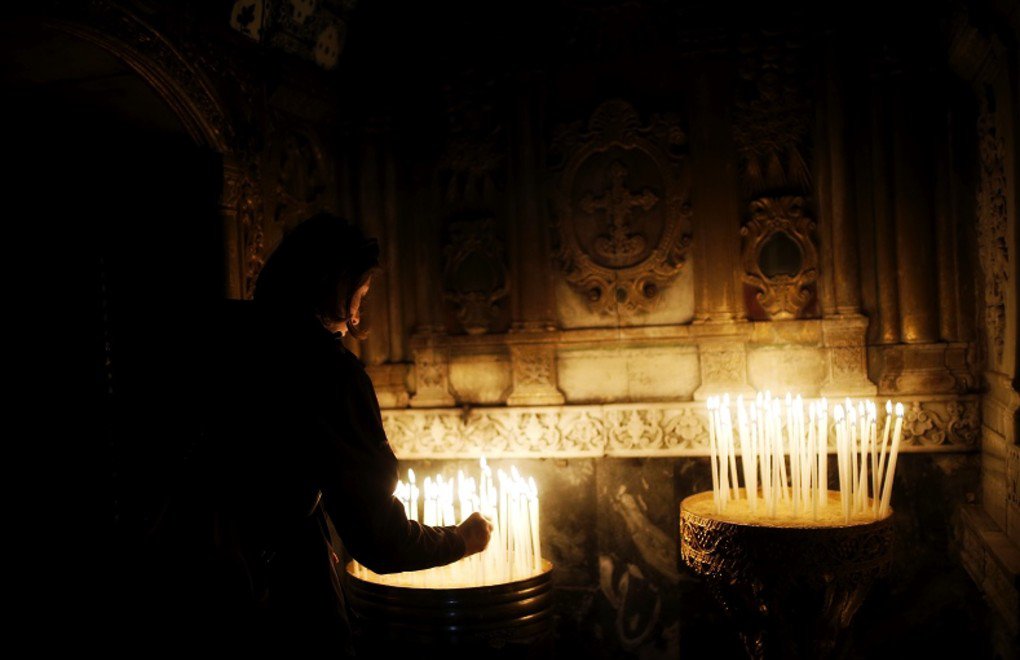
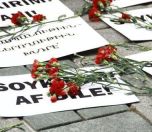
_(1)a.jpg)
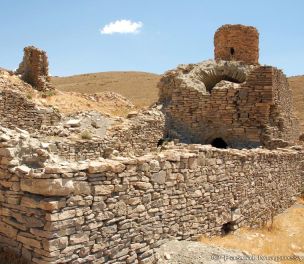
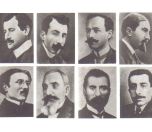
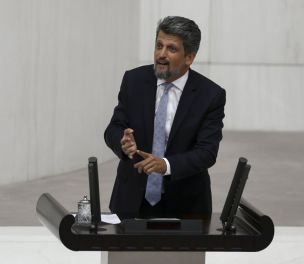
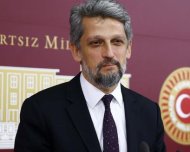
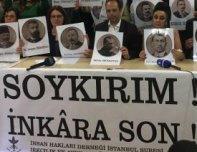
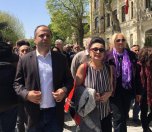


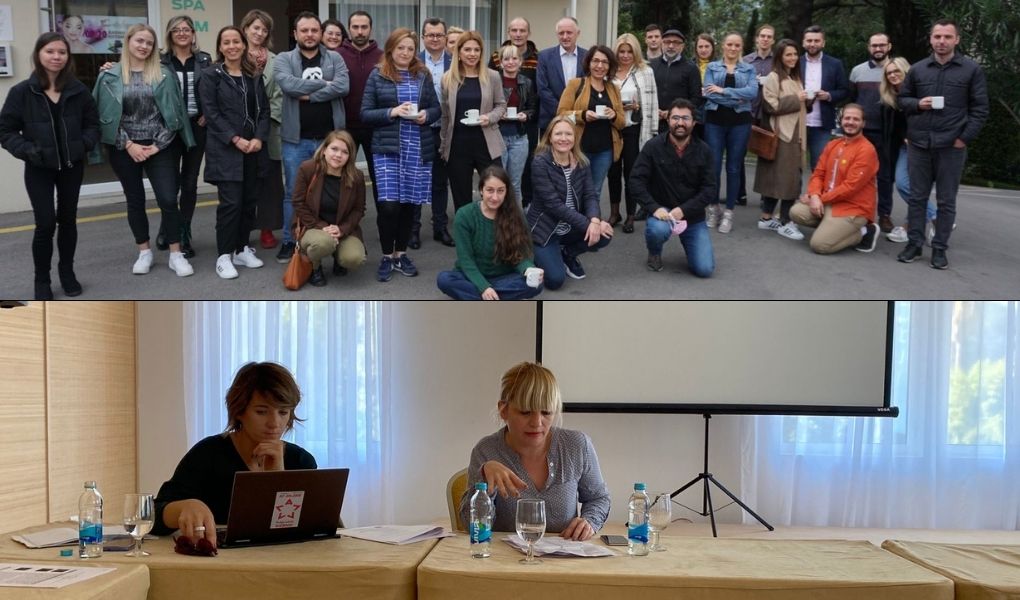
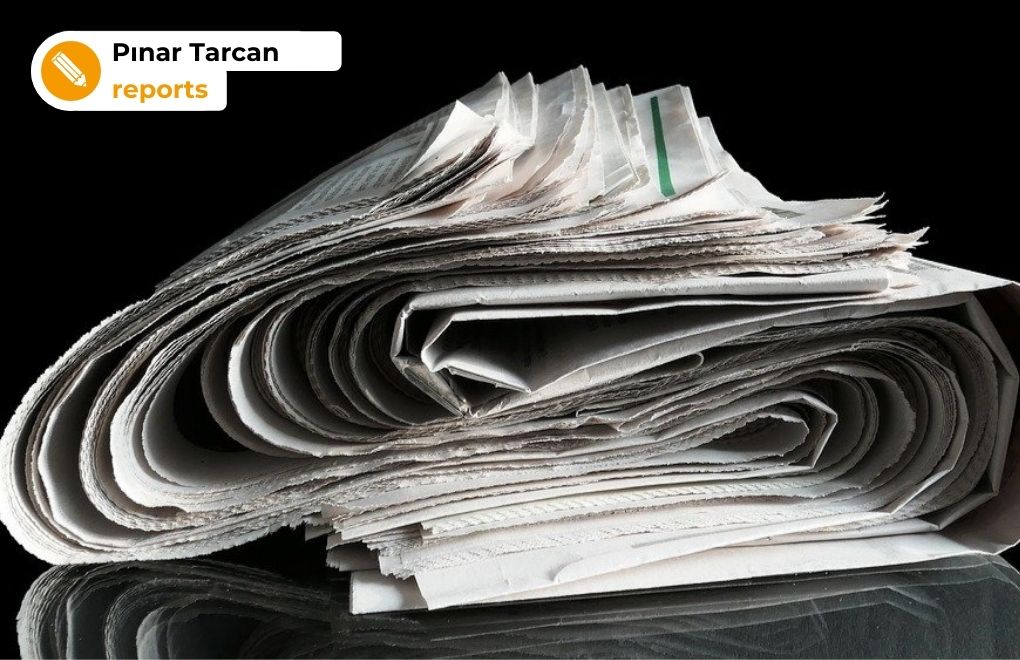
.jpg)